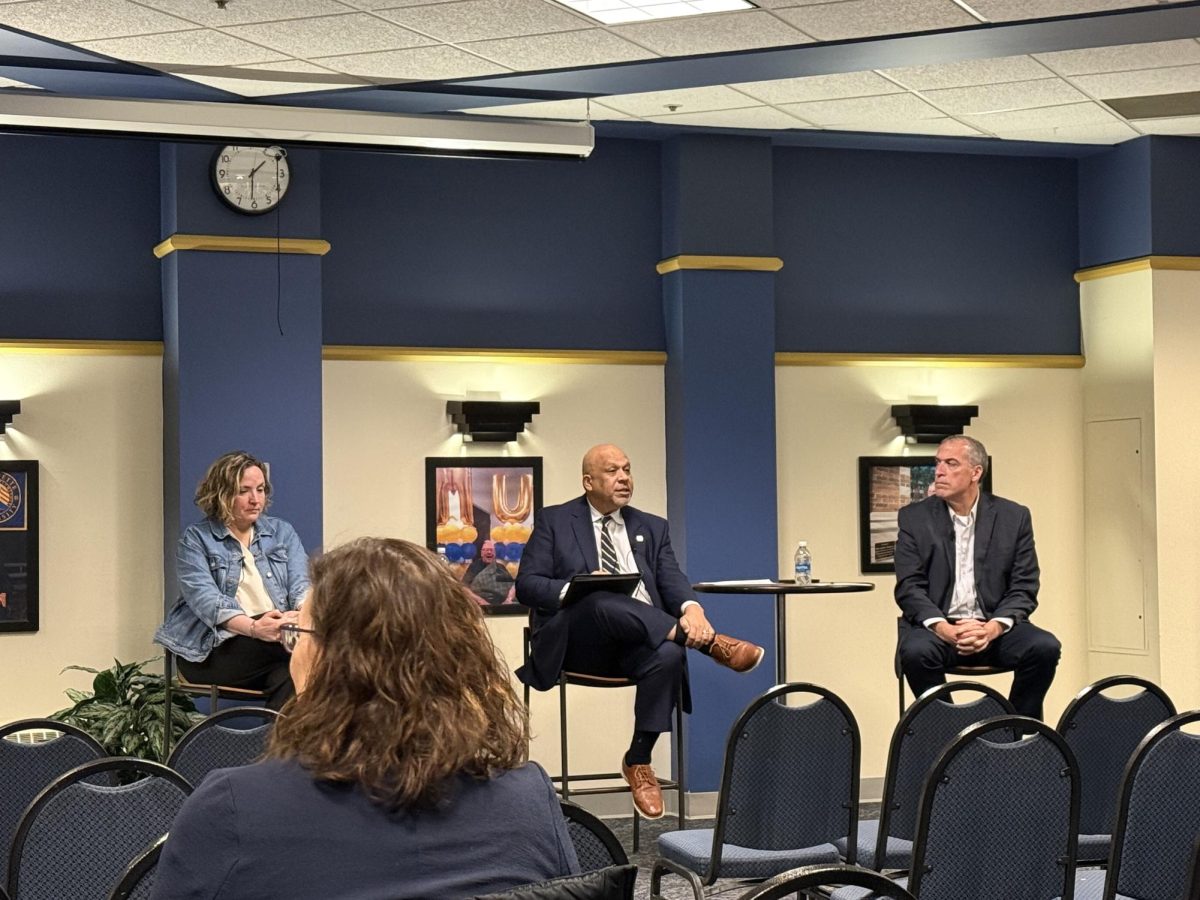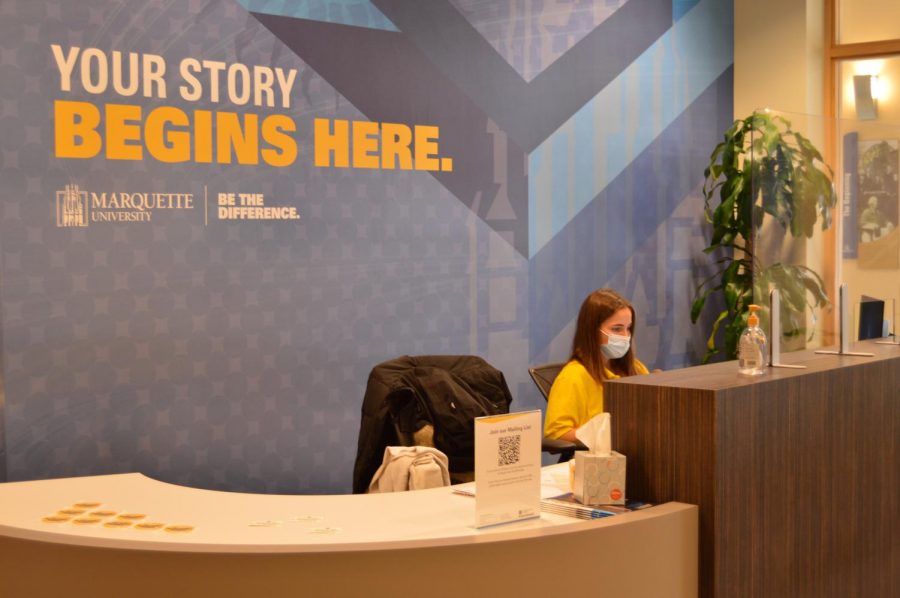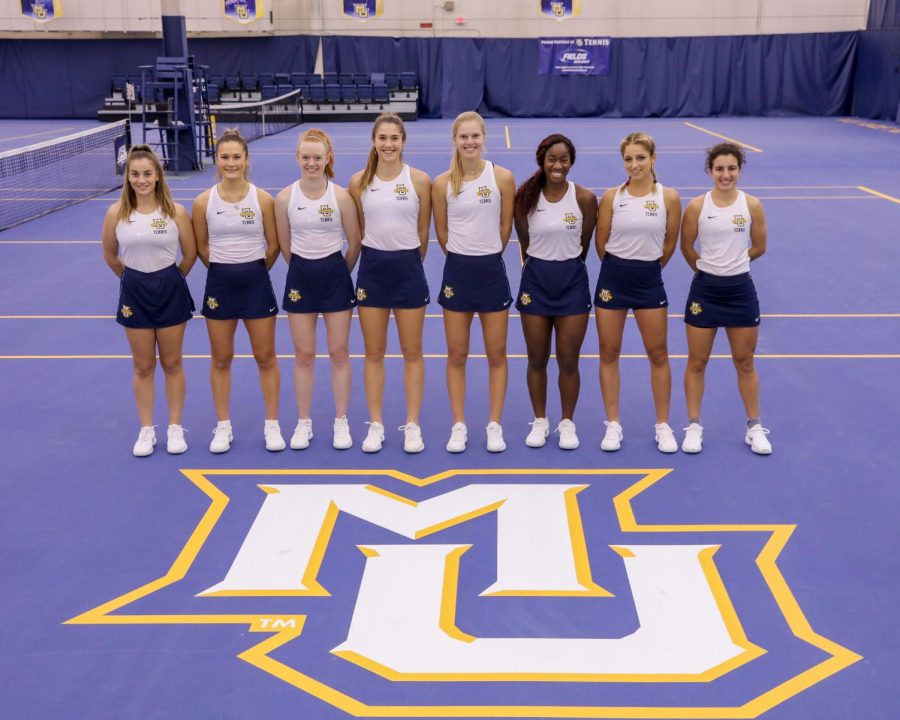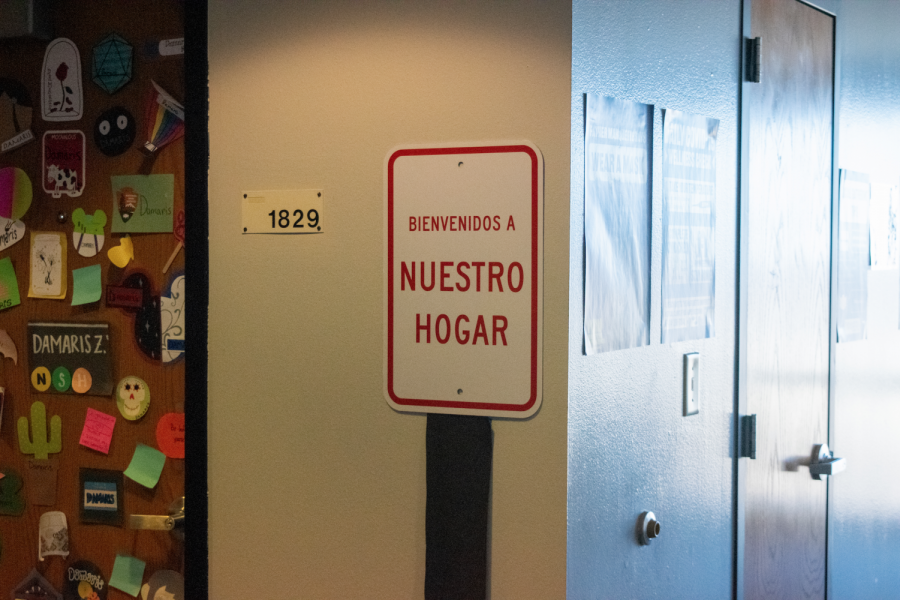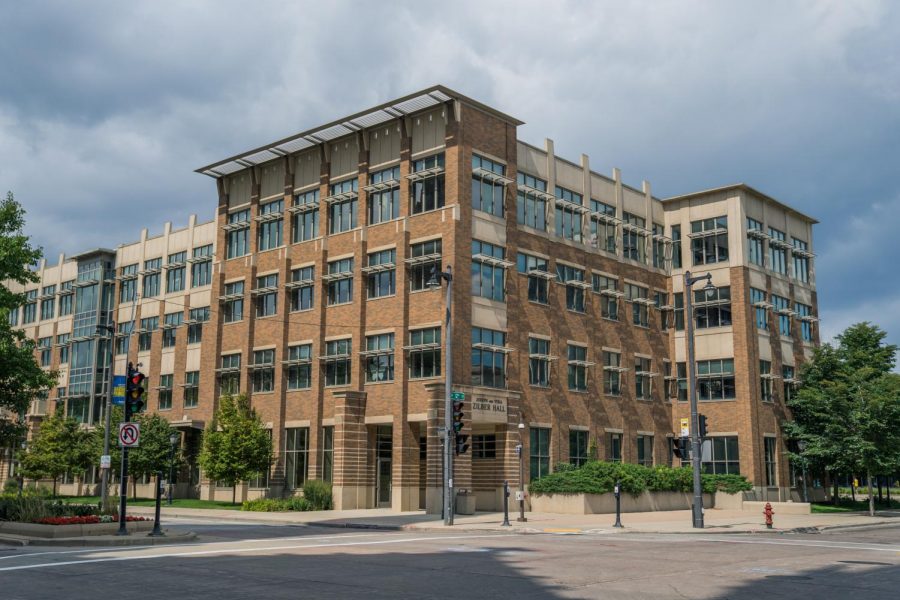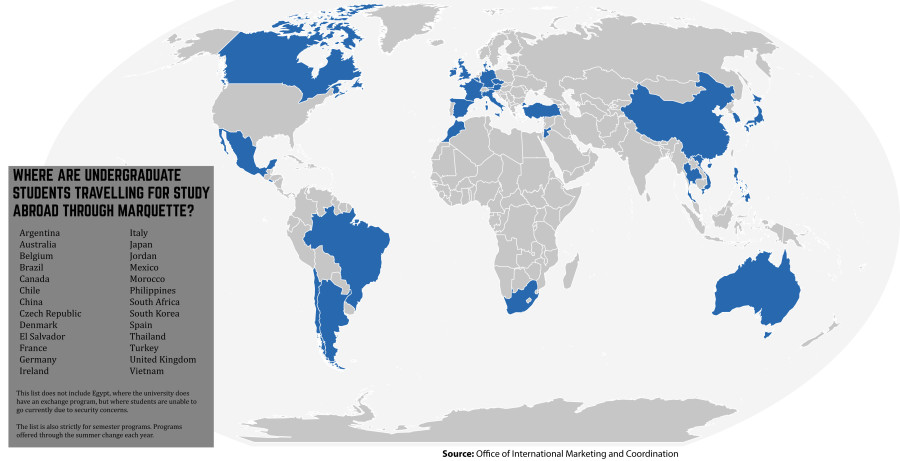Correction (4/16/2025): It has been brought to our attention that one of the sources named in this article, Anwuri Osademe, was in fact not an international student, but has been wrongly misidentified as one in this story. We are currently attempting to connect with the author of this article so we can update this story with factual information. The Marquette Wire’s ethics code prevents us from removing stories or material after publication, however, we will issue corrections and note those. For more information, please refer to the Marquette Wire Code of Ethics.
Marquette’s 8,293 undergraduates come from all 50 states and represent 69 countries across the globe. According to the university’s website, in 2012, roughly three percent of the student population was international students.
The Office of International Education, located in Holthusen Hall, provides special programs for students who are not from the U.S.
Some of the programs offered to students are welcome events, international student orientations, study abroad opportunities and classes in English as a second language.
“Our English as a second language program is designed for students who need a little help adjusting to the lanuage of the U.S.,” said Erin Lemoine, the international marketing and communications coodinator for OIE.
Along with ESL classes, international students are encouraged to participate in the International Friendship Program, which matches students with a family in the Milwaukee area.
“Usually we find that students who are unable to spend the holidays at home go to the home of a (Marquette) family,” she said.
Lemoine also coordinates a monthly chat with potential international students to address their questions and connect them with an admissions counselor. Beyond academics, the university provides activities to help students adjust to life in the U.S.
“I have gone to a couple of the events on campus,” said Ye Zhu, a teaching assistant in the College of Communication who grew up in China. “During Thanksgiving break they provided us with a free Thanksgiving dinner.”
The number of international students has gradually increased since 2008, when the enrollment was at one percent.
The highest college enrollment for freshmen international students was the College of Business Administration, totaling about nine percent of the college.
In 2012, 0.8 percent of freshman students enrolled in the College of Communication were international students, according to university records. Only the Colleges of Nursing and Education had lower numbers of freshmen international students, with zero in 2012.
Students said they are also adjusting to American culture while attending Marquette.
“Back in China, they place a great deal of pressure on us,” Ye said. “The definition of success is very different (in China). We are trying to integrate both old and new values.”
Oswald Bwechwa, a freshman in the College of Arts & Sciences from Tanzania, also said attending an American university is an adjustment.
“The biggest difference I have seen is the classes,” he said. “At my grade school, we had no accelerated classes. If you were the same age, everyone took the same level and amount.”
Anwuri Osademe, a freshman in the College of Arts & Sciences, agreed that there are a lot of differences between the U.S. and her home country, Nigeria.
“In schools, the teachers can hit you with a ruler like they used to do in the U.S.,” she said. “Also, the younger grades call their teacher ‘Auntie’ or ‘Uncle’ instead of Mr. or Mrs.”
Osademe knew English before coming to the U.S. because English and French are the primary languages of instruction in Nigeria.
For Estefania Elizondo, a freshman in the College of Communication, her transition was eased by her Puerto Rico grade school’s requirement that classes be taught in English.
“This helped us become fluent immediately and learn a language at a young age,” she said.


